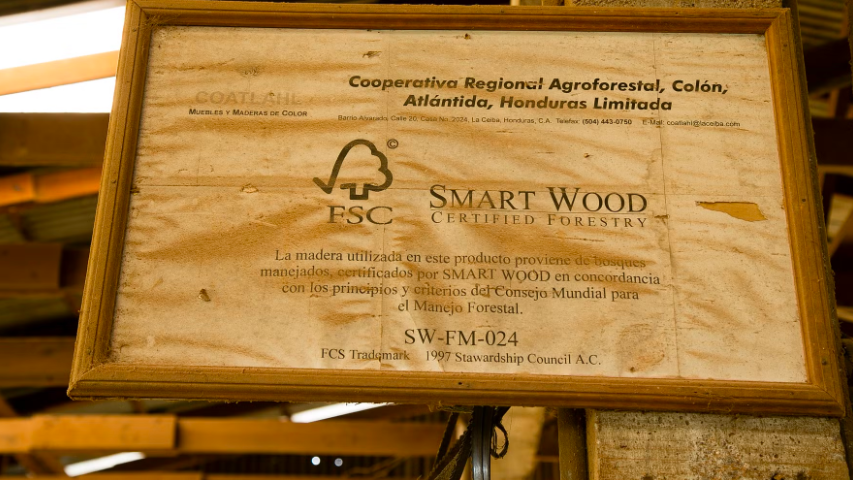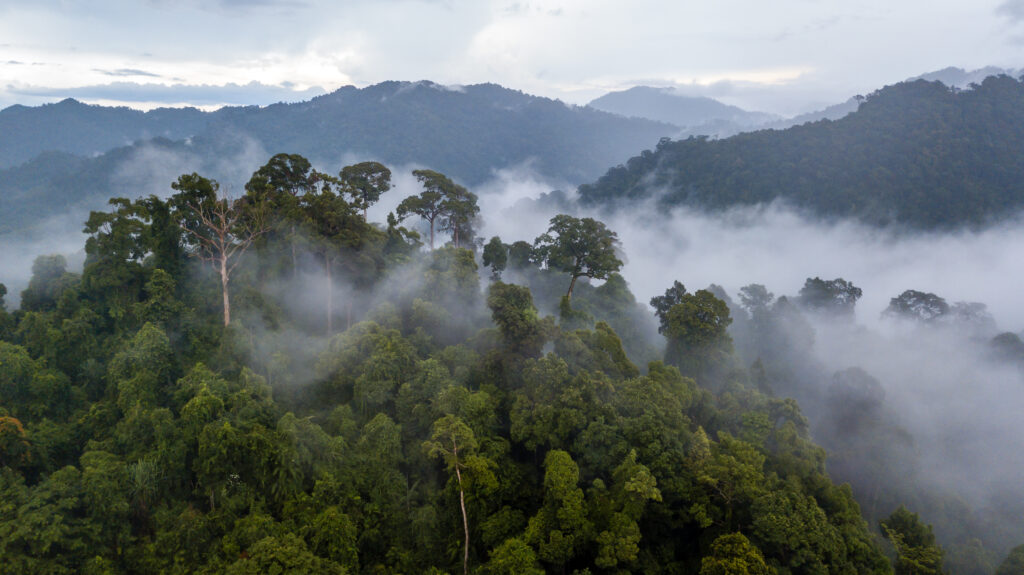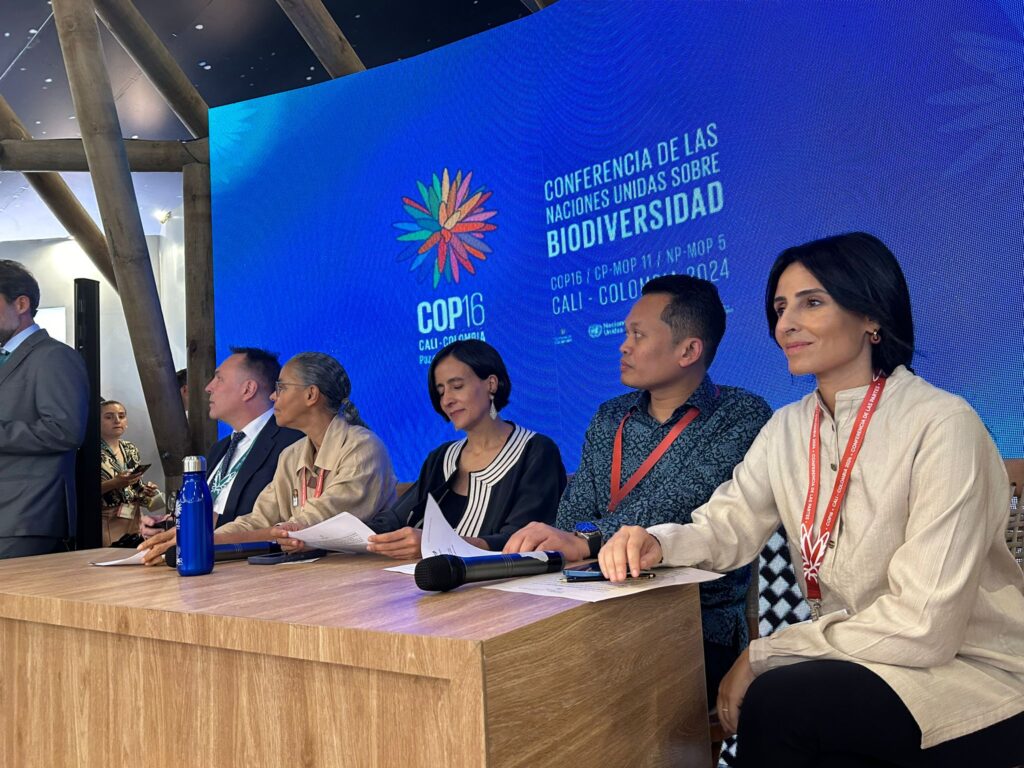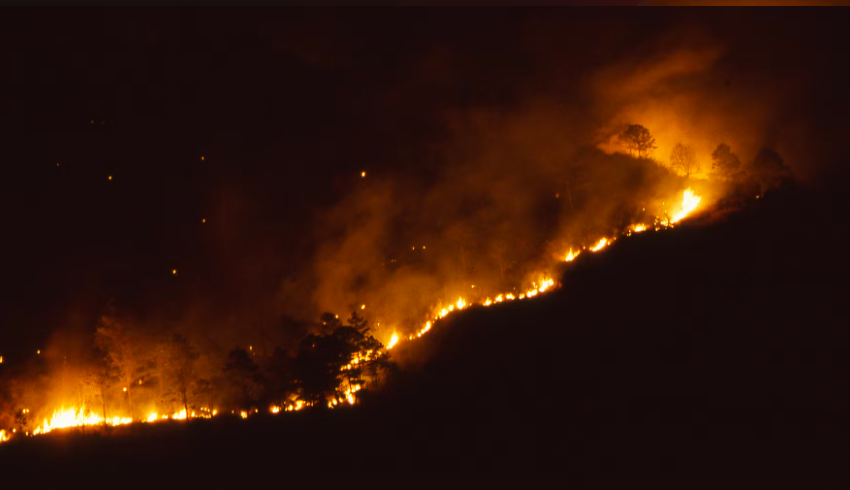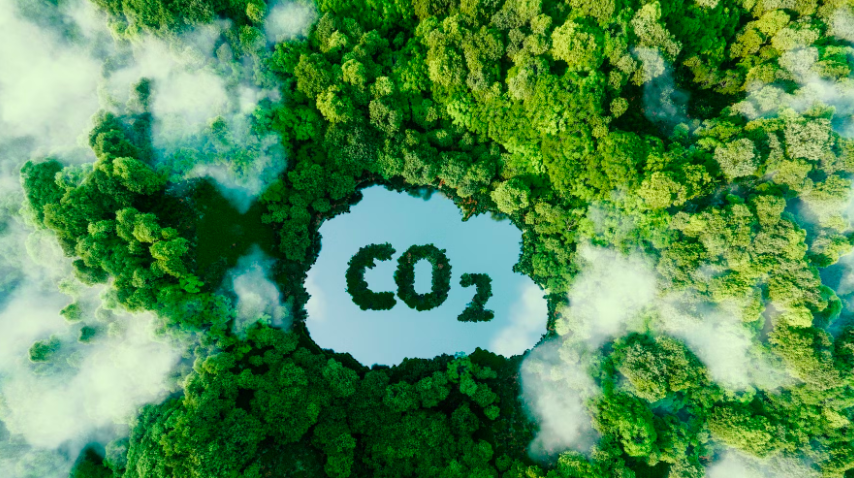Forests of the World has fought for the local and indigenous people to be more involved and their rights secured in the FSC system.
FSC (Forest Stewardship Council) er en mærkningsordning, der skal hjælpe forbrugere til at købe ansvarligt produceret træ. FSC er en forening af stemmeberettigede medlemmer, der repræsenterer interesser fra blandt andet grønne organisationer, oprindelige folk, skovejere og tømmervirksomheder. Medlemmerne er delt ind i tre kamre – et miljømæssigt, et økonomisk og et socialt. Verdens Skove har gennem flere år været en del af miljøkammeret og herigennem krævet troværdighed og gennemsigtighed i FCS-systemet. Desuden har Verdens Skove arbejdet for at tilpasse FSC’s regler og standarder, så oprindelige folk, småskovsejere og landsbyfællesskaber kan få adgang til markedet for FSC-certificerede produkter. En repræsentant for Verdens Skove er i øjeblikket involveret i implementeringen af FSC’s standarder for disse grupper for at gøre certificeringen mere tilgængelig for småproducenter og desuden gøre certificeringskontrollen billigere og mere lokalt forankret.
A Fight for Indigenous Peoples’ Rights
Through its position in the environmental chamber, Forests of the World has also contributed to developing concrete guidelines for how indigenous peoples should be consulted through free, prior, and informed consent, which is a special right for indigenous peoples under human rights law.
This process has not been straightforward, as the interests are divided. The environmental and social chambers insist on not compromising the rights of indigenous peoples, while the economic chamber, often representing timber companies, focuses on the costs associated with involving indigenous peoples and respecting their rights.
The environmental and social chambers argued that consent between timber companies and indigenous peoples should be an ongoing dialogue, where any changes in production and ownership are communicated, and where indigenous peoples must renew their consent or can withdraw it at any time. On the other hand, the economic chamber argued that consent should be an unconditional, binding agreement between the parties.
In this negotiation process, Forests of the World, representing the environmental chamber, along with the social chamber, has negotiated FSC’s guidelines in favor of indigenous peoples. After three years of negotiations, guidelines for consulting indigenous peoples have now been developed, ensuring better protection of their rights within certification schemes.
